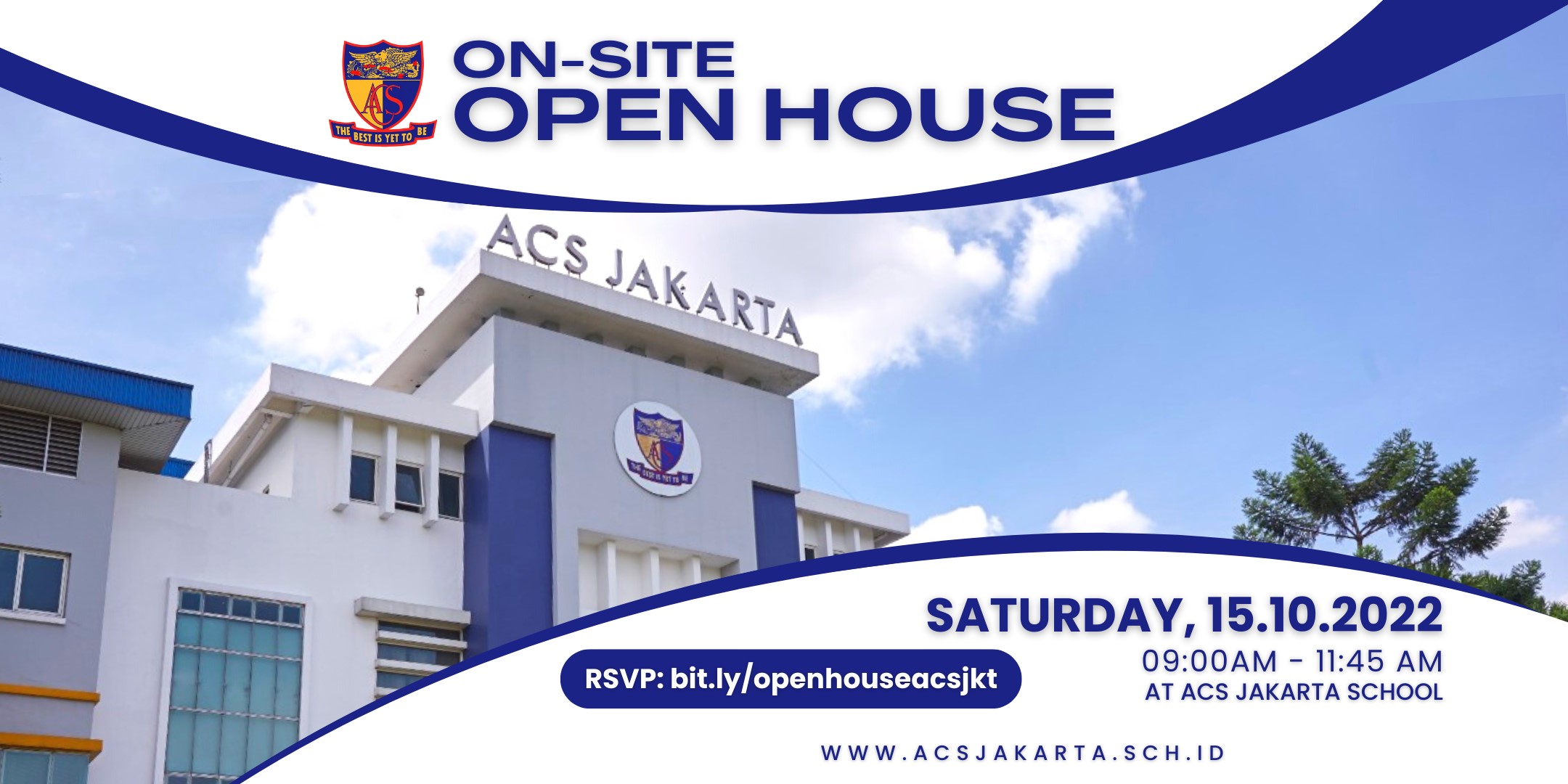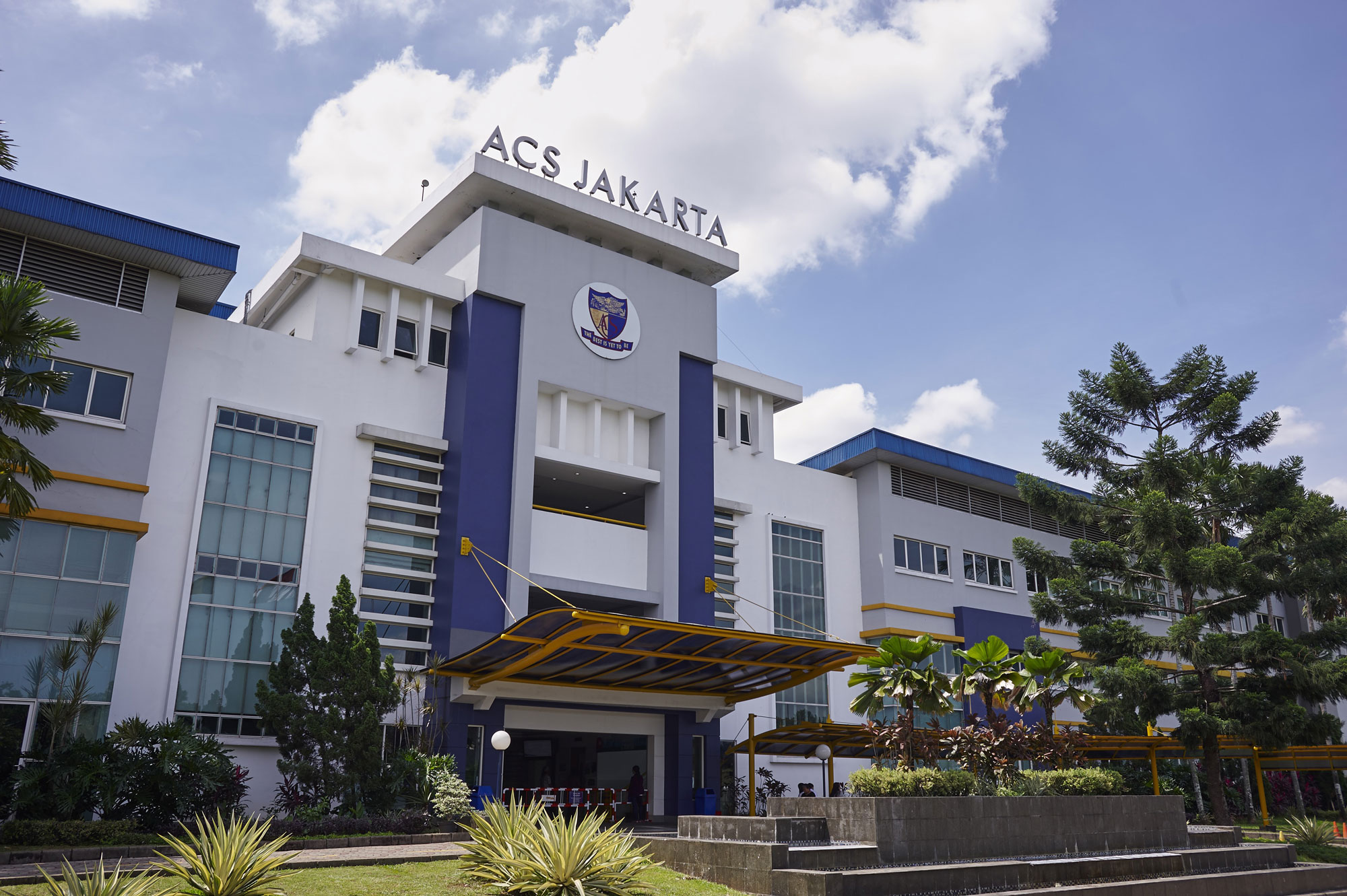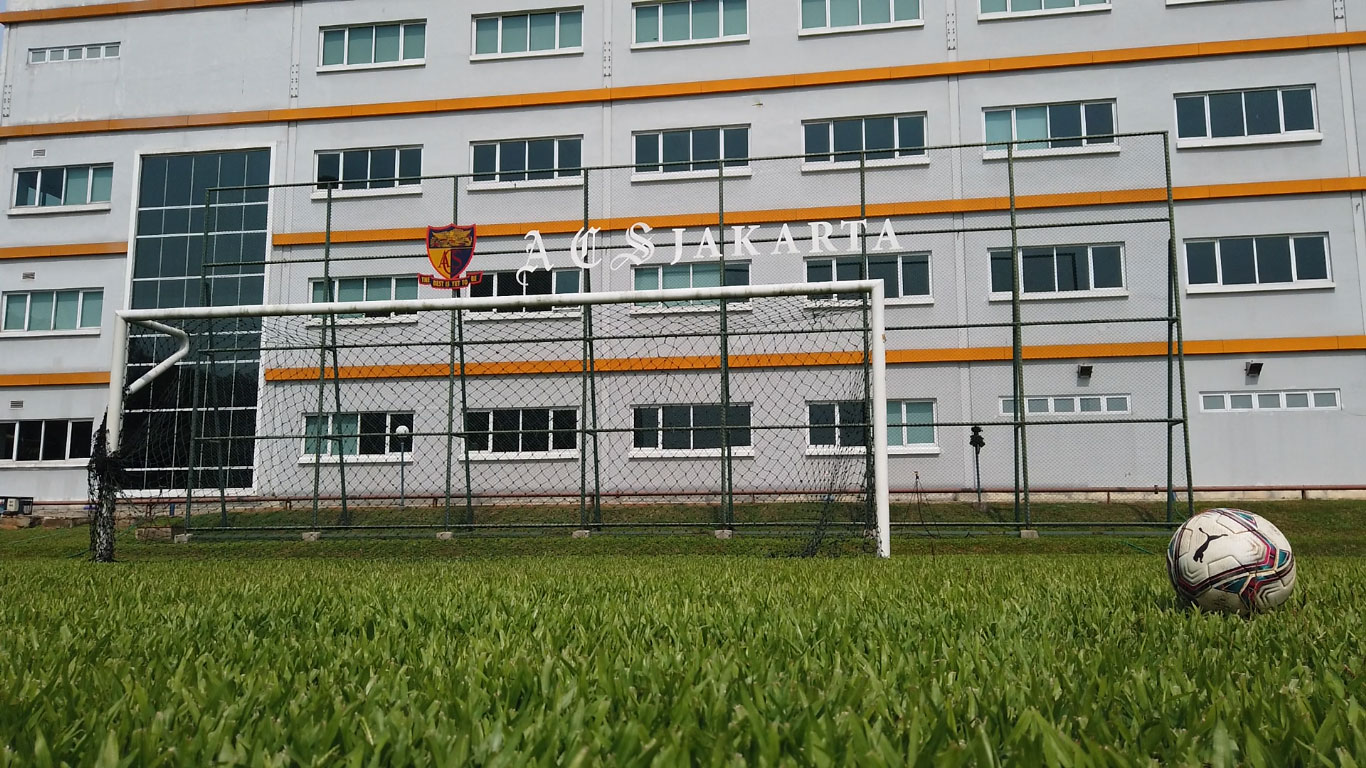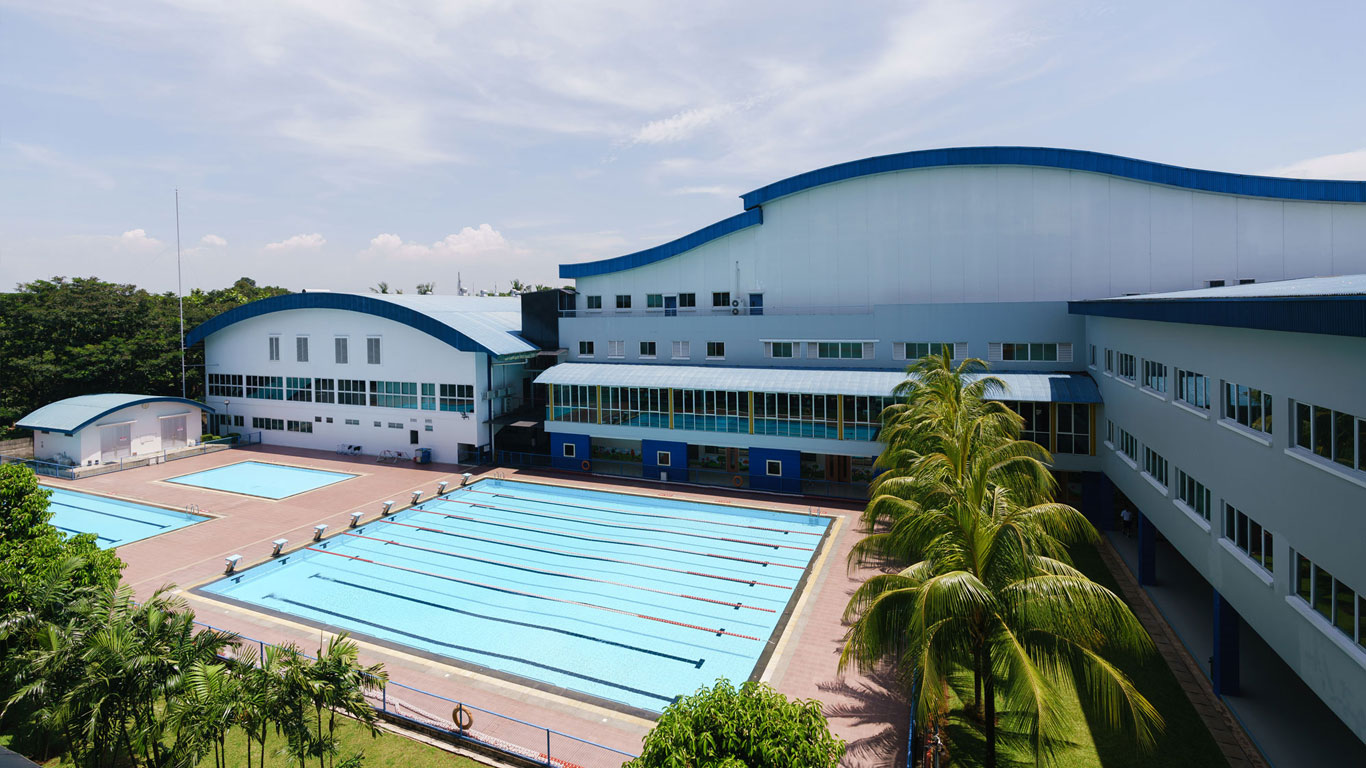Are you able to think outside the box? Introduce creative plans and lead people to carry out your vision? Ivy League universities are looking for well-rounded students to join their vibrant communities. ACS Jakarta students have been preparing themselves for exactly that.
What makes an Ivy League university candidate stand out? Is it good grades and the ability to complete demanding weekly tasks? Or is it a stellar portfolio as a student council leader?
But what if the trend is shifting?
Top colleges in the United States, especially Ivy League universities, are looking for a different sort of student persona. Today, they aim to enroll young student leaders who not only are creative in coming up with new ideas, but are also able to rally and lead people in fulfilling a shared vision.
“Ivy League universities want vibrancy. So they’re looking for people who are not just good in studies, but are also good at adding value to their students’ experiences in college,” said Anglo-Chinese School Jakarta principal, Dr. Lee Khen Seng.
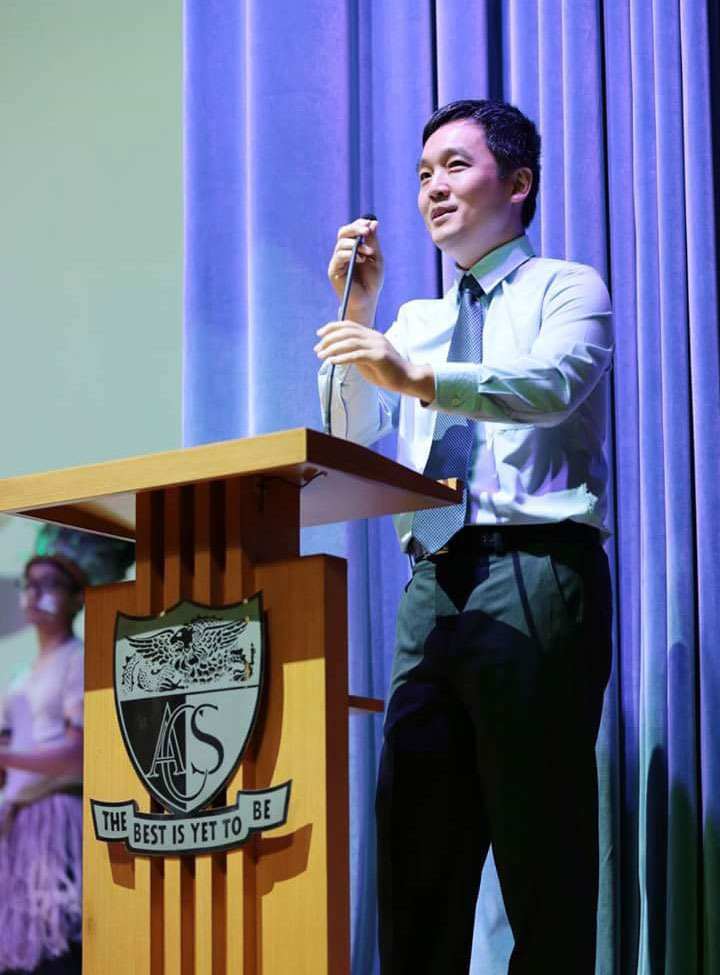
Anglo-Chinese School (ACS) Jakarta believes in a systemic approach to help students apply to their desired universities. From as early as grade 9, they are guided to choose the subjects they want to study so they can later fulfill the requirements for the major they have decided to pursue.
“ACS Jakarta has a team of higher education counselors who work together to help students identify their career choices and their university major,” added Dr. Lee. “They are also very knowledgeable about university requirements and the types of scholarship available, and they help the students to find the best fit.”
Once they reach grade 11, each student is paired with a counselor who guides them through the application processes and helps them to prepare their portfolio. Students in grade 11 and 12 have designated time weekly to meet with their assigned counselors.
Of course, students need to do well in the internationally recognized examinations such as the International General Certificate of Secondary Education (IGCSE) and the International Baccalaureate Diploma Program (IBDP). True to their intended purpose, both programs continue to contribute to the students’ success at campus.
“I recently finished the IBDP and there were two things I was grateful for: the essay writing process and the comprehensive syllabus. IBDP subjects have a lot of modules that cover a wide range of topics that prepare you for college-level courses. Couple that specificity with the essay writing emphasis at ACS Jakarta, and I believe it was an excellent gateway for university academics,” said Althea Lee Jing Han, an ACS Jakarta alumnus and freshman at Harvard University.
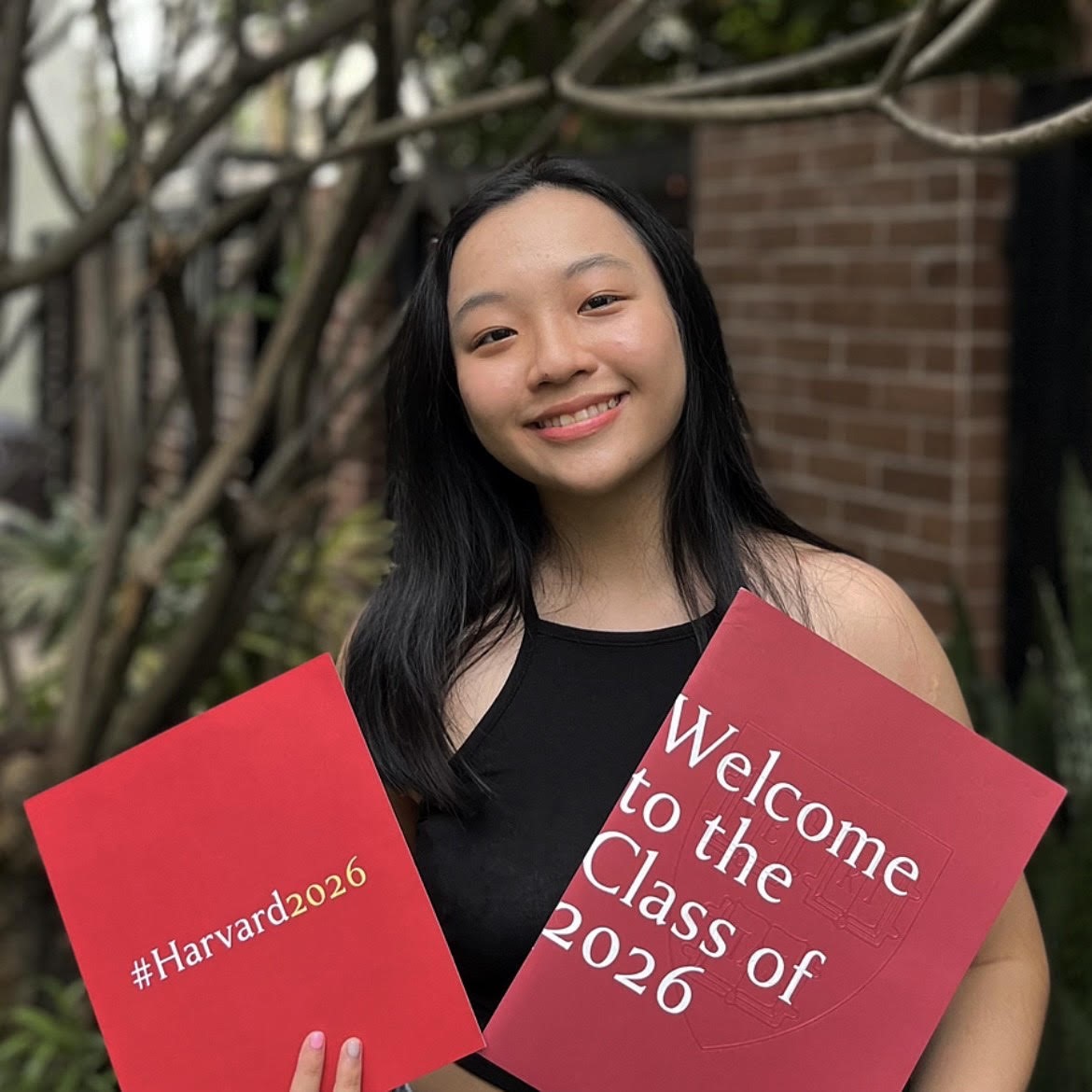
Time management was also a crucial component tin withstanding the demands of the IBDP program. Patrick Theodore Tjandra is another ACS Jakarta graduate who went on to pursue a bachelor’s degree in bioengineering at Stanford University.
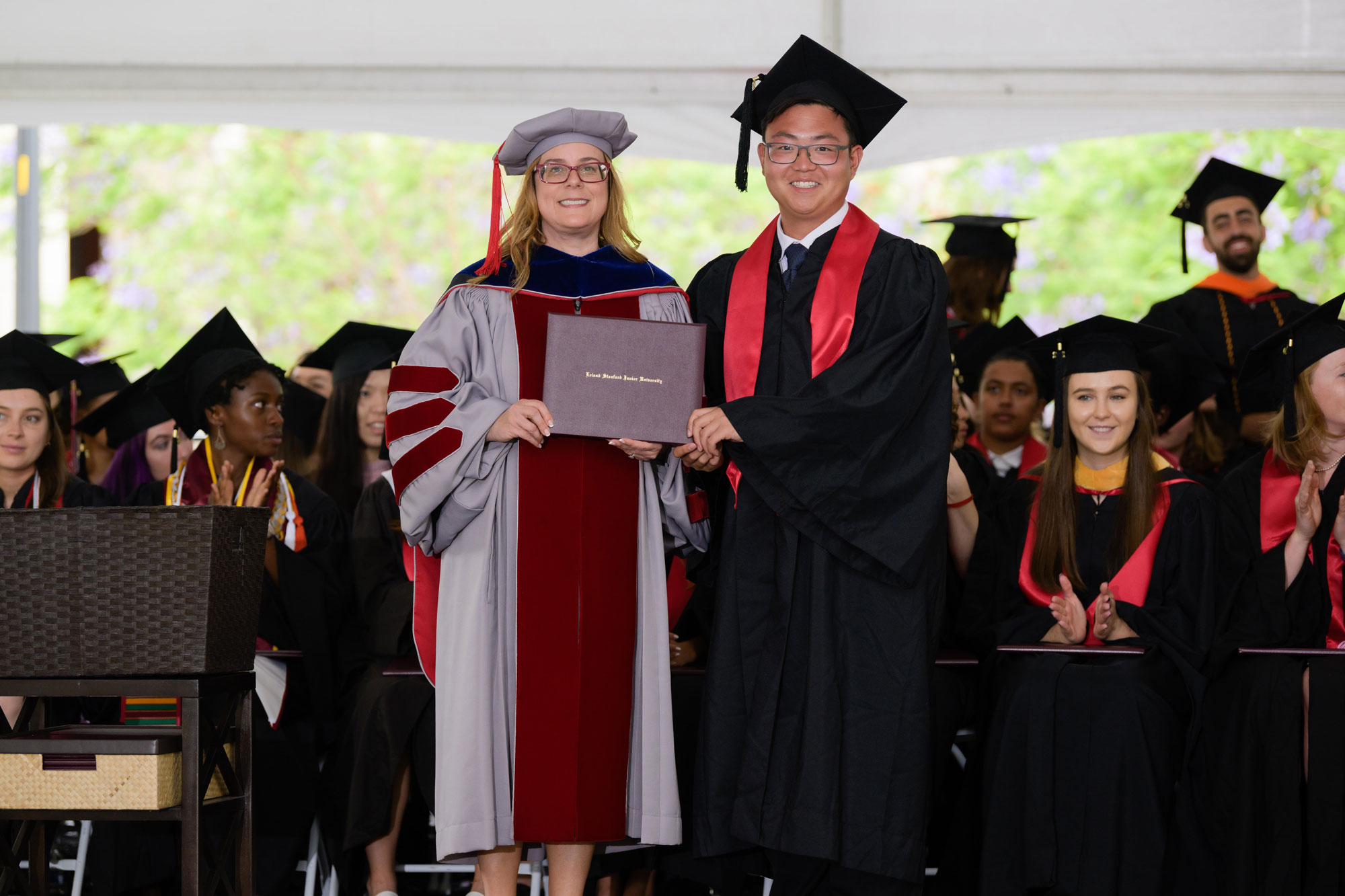
“In IBDP, you learn much more content at a quicker pace than usual. I spent most of grade 11 and grade 12 figuring out how to do time management. And IBDP is about learning how to manage your time, how to prioritize different tasks,” he said.
“For sure, there were other factors that helped me through all the deadlines and the stress,” Patrick continued. “Just being able to prioritize what you have to do and keeping a checklist was a big thing for me, as well as relying on the people around you.”
Parents are also very involved with this process of preparing the students for university. ACS Jakarta is known for its close-knit Parent Support Group, who are not just present during school activities, but also outside of school. It is the whole-school approach to help the child.
“At the same time, we also inform parents of their children’s needs because not every child is the same. Some are more STEM-inclined while others are more humanities-inclined,” continued Dr. Lee.
“There were times when the school counselor talked to the parents about the emotional turmoil their children were going through. Eventually, parents began to understand their children and agree to let them choose the major or university, although it was different from what the parents had wished for,” he added.
ACS Jakarta teachers labor as hard as the students over the midsemester break. “It’s very common to see teachers staying back and giving you tutorials free of charge,” Patrick continued. “I’m not sure if it’s happening in other schools. But for me, it just showed how much the people around me actually cared,” he reflected.
The small class size also factors into students getting the attention they need from teachers. Some do not even amount to 30 students, enabling students to bond with their peers and teachers as they navigate feelings of anxiety and stress.
Selecting tomorrow’s leaders
Another important point to note is that top universities do not just seek students who can study well. They want all-rounders. Students should be able to present themselves in public forums, in social activities and fulfill leadership roles.
ACS Jakarta believes that leadership is not confined to conventional modes of leadership, like being a student council president or captain of a sports team. Most importantly, the school is supportive of ideas and approaches by students who define leadership in the things they initiate.
“Yes, top universities are looking for student leaders. But everyone is a leader in his or her own rights. You do not have to be the school captain or football captain to be recognized as a leader. For example, a student can lead a team and win in an international business competition —which actually happened this month, and she is already recognized as being an outstanding leader,” said Dr. Lee.
“Another student led a team of dancers to perform a flash mob, while another rallied other students to start a strategic gaming club,” he added. “It’s about the school giving students the opportunity to lead and do the things they are passionate about.”
ACS Jakarta is unique in that while some of the co-curricular activities (CCAs) are organized by the school, others are founded and run by the students themselves. Students with similar interests can gather and start a club. Some students would even suggest programs that were not offered by the school, and ACS Jakarta would consider and take on the suggestions if it works out for the good of the students.
“I was grateful that ACS Jakarta allowed me to continue pursuing my interests in sports. They allowed me to do Physical Education as an examination subject for my IGCSE,” said Katiana Ulan Ru-Ying Kamdani, an ACS Jakarta alumnus studying at Brown University.
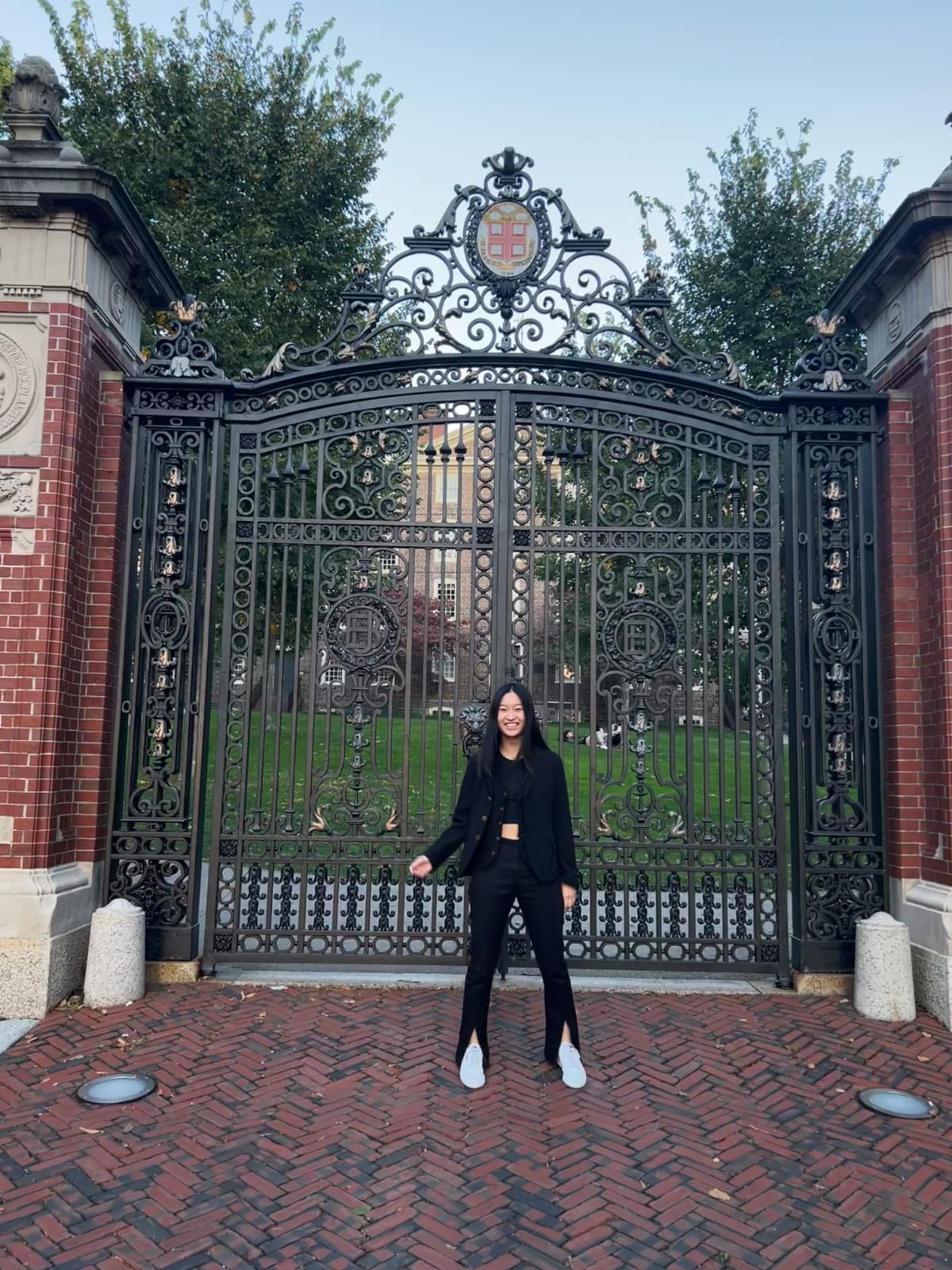
“Then for IBDP, I wanted to pursue Sports Science, but it wasn’t originally offered at ACS Jakarta. However, I managed to work together with the school management and the teachers to put an IB in Sports Science,” she added.
With a background in dance and gymnastics, Katiana went on to join the aerial acrobatics team. Although it was not something she had ever done before, it sparked an interest in Katiana, who immediately loved the sport.
“At the beginning, it was overwhelming because you go from a small school with around 50 or 60 CCAs and suddenly, you’re walking through the Activities Fair on campus with 2000 people waving flags and banners in your face and asking them to join your club,” she reminisced. “I think it's not about sticking with what you know, but it's about going and exploring things you’ve never heard of before.”
Katiana points out that ACS Jakarta helps lay the foundation for students to grow their confidence and explore the world. Aside from helping them discover new avenues and generate new ideas, confidence is also the key to help them connect with people from any background.
At ACS Jakarta, Althea founded the OZ Club, a literature CCA. There, students and teachers discuss novels, films, poetry and even multimodal texts. Her time with the OZ Club primed her for life at Harvard College where everybody partakes in intellectual discussions.
“College feels like one big OZ Club, because everyone is just so well read, and very knowledgeable about a lot of things. I’m now used to being part of meaningful discussions, even outside of class,” Althea shared. “In other words, the OZ Club was a micro-scale version of what I'm experiencing now at college.”
Confidence and good project-management skills are only a few of the traits a trailblazer needs to have before continuing to a vibrant life on campus. ACS Jakarta students are very well-prepared for that change, both academically and socially.
